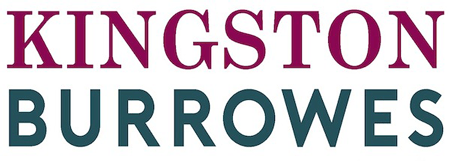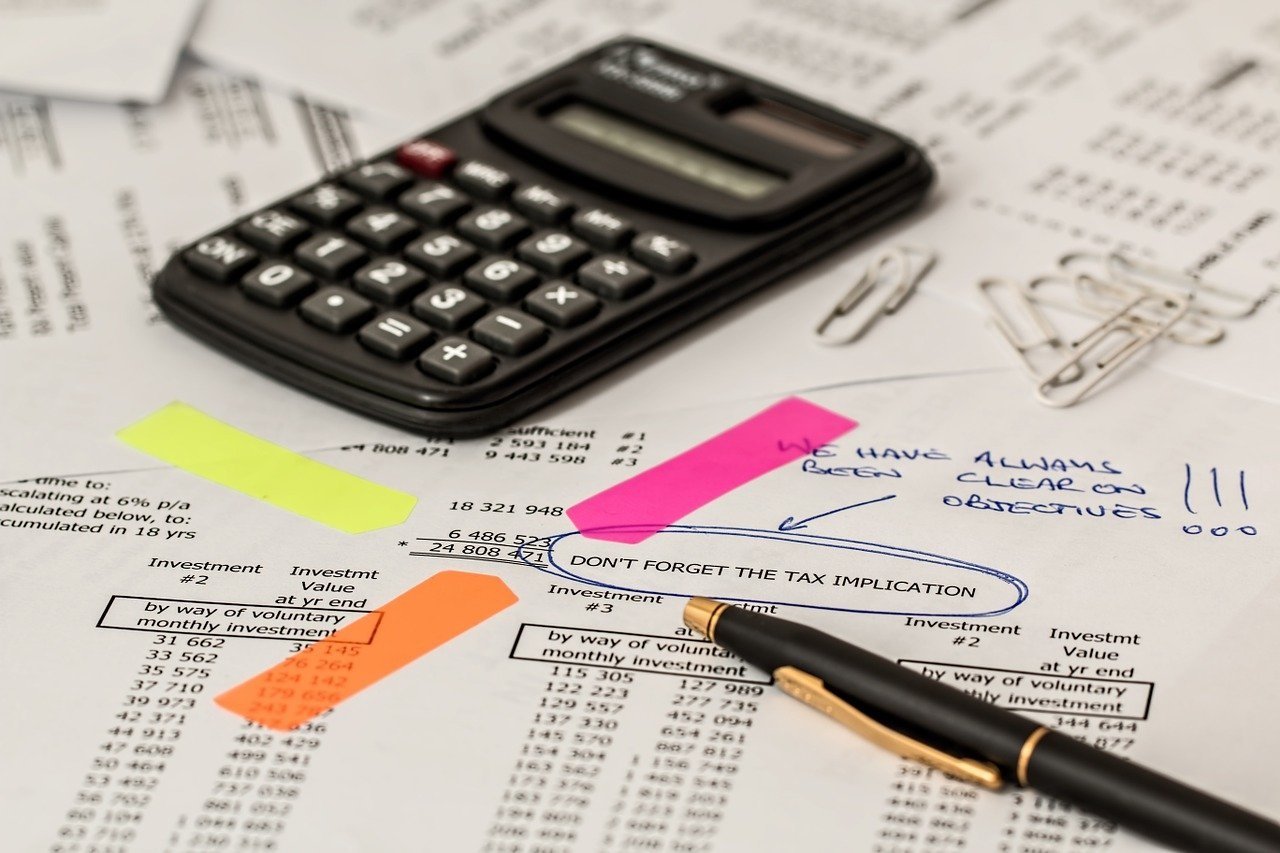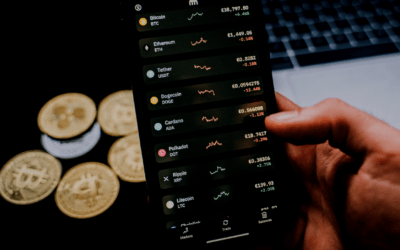For anyone whose business has been voluntarily registered for VAT, you will soon need to change how you file those returns and you will also need to take on digital record keeping for your VAT accounts.
These changes are coming because Making Tax Digital for VAT will become mandatory for all businesses registered for VAT by April 2022.
What are the current VAT rules?
At present, UK VAT rules require that businesses with a VATable turnover more than £85,000 must register with HMRC for VAT.
Businesses which fall below this threshold, do not therefore need to register as a VAT payer or filer. However, many opt to file voluntarily as this allows them to reclaim the VAT on most purchases. These voluntary VAT filers are required to keep accurate VAT accounting records and to report key information by filing a regular VAT Return.
When MTD was rolled out in April 2019, all businesses above the VAT threshold were required to keep digital records and file their returns using MTD compatible software. At this point, those businesses filing voluntarily, were able to sign up to MTD and provide their VAT returns in the same way as a matter of choice.
This option however, will become mandatory as of April 2022, and all VAT registered businesses (above and below the £85,000 threshold) will be subject the requirements of Making Tax Digital.
How will your business be affected?
To meet the new requirements, you will need to sign up for MTD for VAT. If you are working with an accountant, then they can do this on your behalf, acting as an agent. The sign-up process will involve the creation of a new direct debit for VAT payments which means you should be mindful not to overlap any old debit payments with the new one.
Once your business has signed up to MTD for VAT, you will need to maintain digital VAT records for the first VAT period after April 2022, and all VAT periods which follow. Equally important, is that your VAT returns are submitted from this period onwards using MTD-compatible software.
As a voluntary VAT payer, should I switch ahead of April 2022?
The April 2022 deadline is realistically not that far away, but there are also other reasons to consider switching to MTD sooner rather than later.
As a business, maintaining accurate records, allows you to always have a clear view of your accounts and finances and it reduces the time spent on admin, freeing up more time to spend on other areas of your business.
Signing up early also provides the opportunity to streamline your processes ahead of the April 2022 deadline, ensuring that any issues or hold-ups are resolved well in advance, and that you will avoid any unwanted HMRC penalties. As discovered by many businesses during earlier phases of MTD, it is also beneficial to make the switch at a quieter period when less businesses are doing so, allowing you to receive adequate support from both HMRC and your agent. The 2019 MTD switchover resulted in an overloaded HMRC call centre and long wait times for support.
One area where you may really benefit from preparing ahead of time, is ‘digital linking’. The process of transferring your records in an MTD compliant way is completed by transferring data from one system to another. A good accountant, can however support you with this aspect, alleviating any unnecessary stress or confusion and providing explanation of the finer details.
Where to go from here
If you are feeling uncertain about the upcoming changes and need support or guidance, don’t hesitate to get in touch with our friendly and knowledgeable team. Having supported countless clients through previous MTD transitions, we are aware of the common pitfalls and how best to navigate the HMRC systems and processes. In the long term, the move to MTD for all VAT returns offers automation and simplicity which is sure to benefit your businesses, but the transition and unfamiliar territory in the shorter term is no doubt a concern to many. We are here to support you through the process, whatever it brings.




